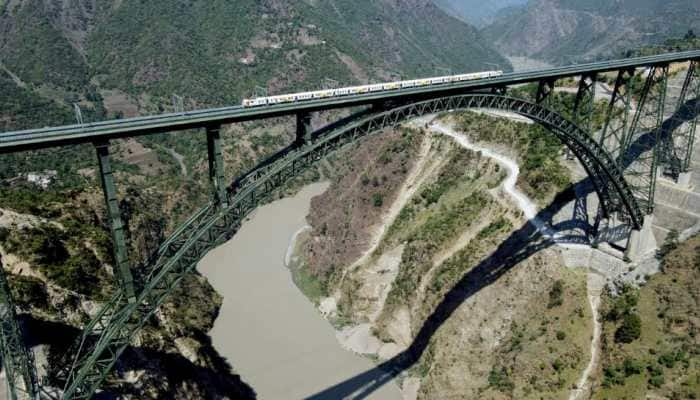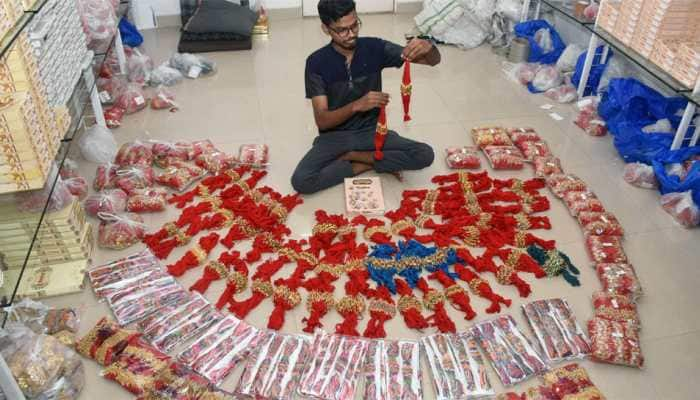PM Narendra Modi `has ushered in a golden age for BJP`
"As the BJP grows in strength, the opposition is literally heading for the hills," writes Milan Vaishnav, the director and senior fellow of South Asia Program at the Carnegie Endowment for International Peace.
Trending Photos
)
Washington: Prime Minister Narendra Modi has ushered in a golden age for the Bharatiya Janata Party, which is the "new centre of political gravity in a country long controlled by the storied Nehru-Gandhi dynasty of Congress Party", a think tank said on Thursday.
Milan Vaishnav, the director and senior fellow of South Asia Program at the Carnegie Endowment for International Peace, said in an op-ed: "The BJP not only occupies prime position for the country’s next General Election—scheduled for 2019—but it is also moving at breakneck speed to cement its hold over powerful state governments."
Mentioning the recent political change in Bihar which saw the Janata Dal (United) breaking up with the Grand Alliance and making government with the Bharatiya Janata Party, Vaishnav said: "The upheaval is only the latest signal that the BJP is the new center of political gravity in a country long controlled by the storied Nehru-Gandhi dynasty of the Congress Party."
"It is hard to fathom now, but prior to Modi’s rise to power in 2014, many longtime observers of India’s labyrinthine domestic politics felt that the BJP’s best years were behind it...But few could envisage the next act in this drama: the emergence on the national stage of Modi, a provincial politician who had been the long-serving chief minister of the state of Gujarat."
"Touting his business-friendly policies, nationalist rhetoric, and an aspirational appeal that struck a chord with a young and increasingly restless India, Modi led his party to a historic electoral rout. Securing the first single-party parliamentary majority in three decades, Modi has ushered in a golden age for the BJP," Vaishnav wrote in his op-ed.
The Carnegie scholar noted that one major factor spurring the BJP’s growth is its systematic capture of state governments. "In 2014, the BJP and its allies (collectively known as the National Democratic Alliance or NDA) were in power in just six states, largely confined to the north and west India. Today, the NDA governs 18 states in all four corners of the country."
"As the BJP grows in strength, the opposition is literally heading for the hills."
Striking a note of caution, Vaishnav said that "if Indian history serves as any guide, this concentration of power in the hands of a single party also has a downside".
"The BJP, which has rapidly centralized authority under Modi and party president Amit Shah, would do well to heed the lessons of the past," Vaishnav added.
Milan Vaishnav is a senior fellow in the South Asia Program at the Carnegie Endowment for International Peace. His primary research focus is the political economy of India, and he examines issues such as corruption and governance, state capacity, distributive politics, and electoral behaviour.
Stay informed on all the latest news, real-time breaking news updates, and follow all the important headlines in india news and world News on Zee News.
Live Tv







)
)
)
)
)
)
)
)
)
)
